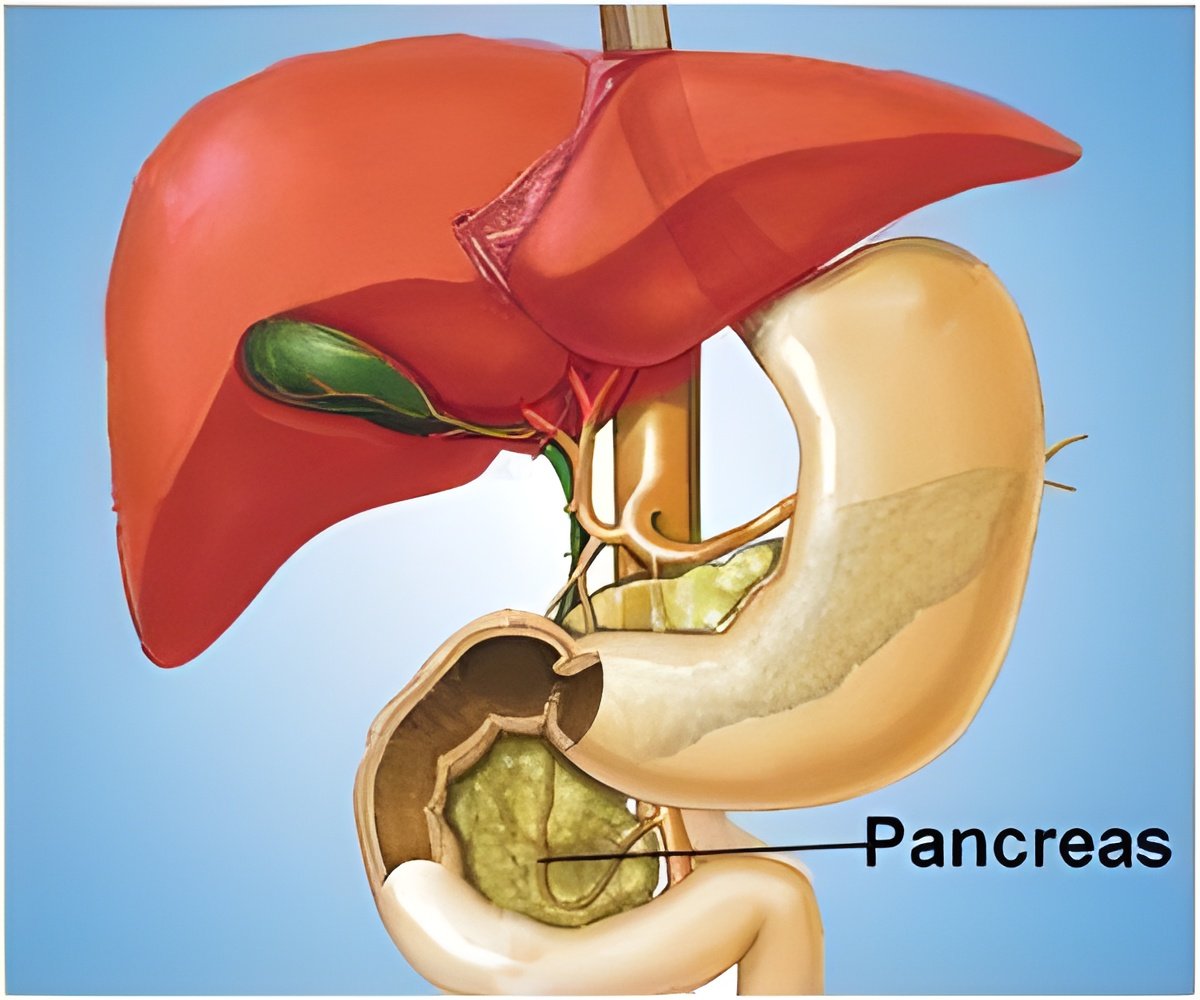New research from Memorial Sloan-Kettering Cancer Center in New York says that oncolytic viruses quickly infect and kill cancer stem cells

Investigators led by Joyce Wong, MD, surgical researcher with Memorial Sloan-Kettering Cancer Center, investigated whether they could use oncolytic viruses, which are naturally occurring viruses that have been genetically engineered to be safe and express tracking genes, as a possible therapy against pancreatic cancer stem cells. These stem cells are thought to cause disease recurrence and metastasis, even after therapy, and oncolytic viruses may offer a new treatment strategy.
"What we learned is that oncolytic viruses have been engineered to selectively target cancer cells and have a low toxicity profile in animal studies," said Dr. Wong. "Targeting the cancer stem cell may enhance our ability to eradicate tumors and prevent future recurrence of disease."
While much research has been performed on isolating the cancer stem cell from various hematologic cancers, this research was based on the presence or absence of certain cell surface markers. Numerous mechanisms of how these cancer stem cells resist chemotherapy and radiation have also been examined. But to date, there have not been any studies evaluating whether genetically engineered viruses can target and kill pancreatic cancer stem cells.
Investigators sought to determine whether the viruses containing a marker gene that expresses green fluorescent protein could infect pancreatic cancer stem cells and ultimately kill the cancer stem cell. Their findings were promising and documented that viral activity was correlated with green fluorescent protein expression.
Dr. Wong added that future studies are warranted to determine whether oncolytic virus administration in vivo will help eradicate tumors and prevent future disease recurrence, and that while these initial findings are encouraging, further study is necessary to see whether oncolytic viruses will be clinically useful as a therapy.
Advertisement
Advertisement














